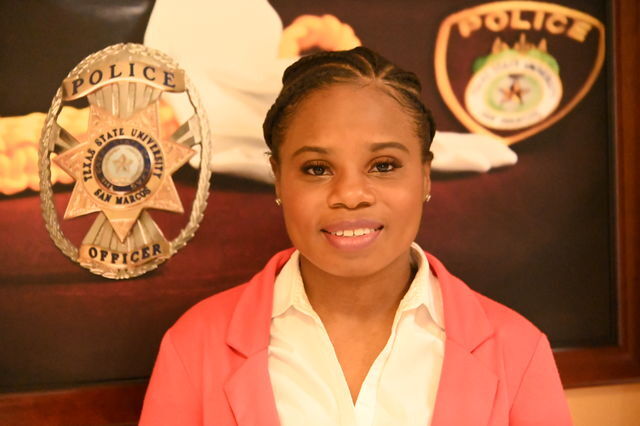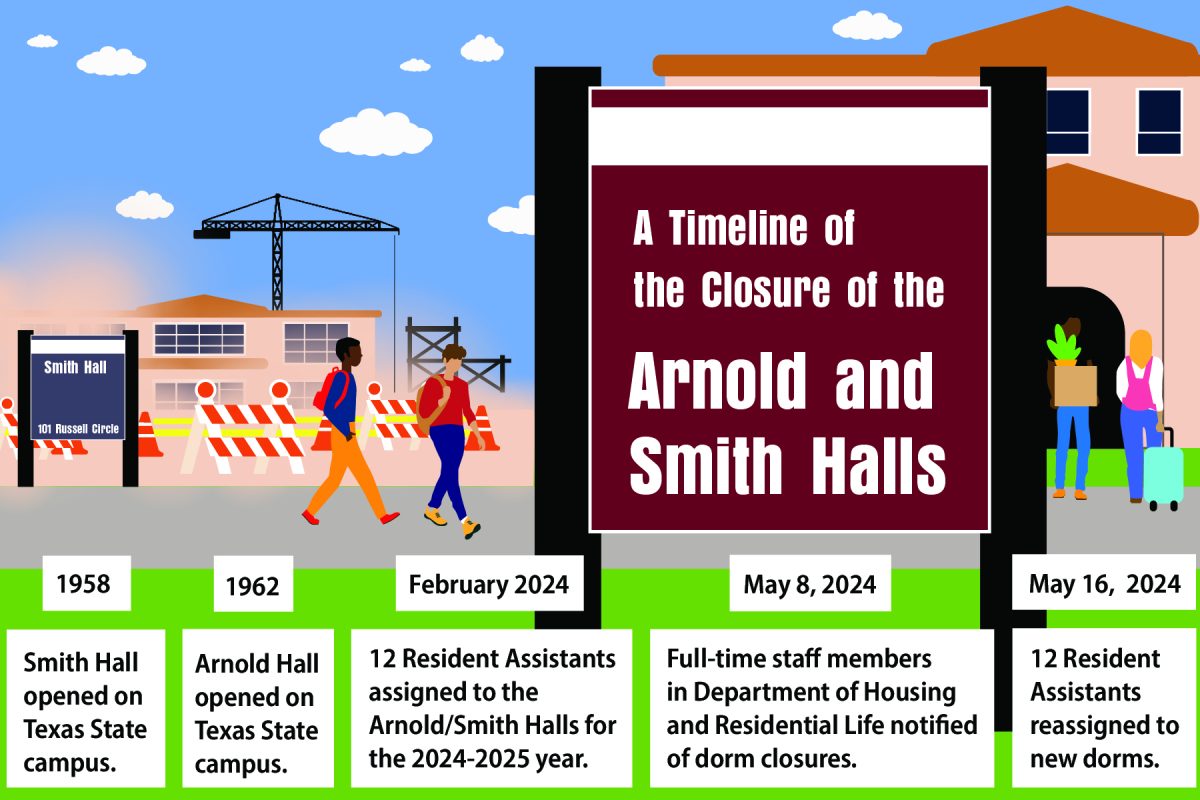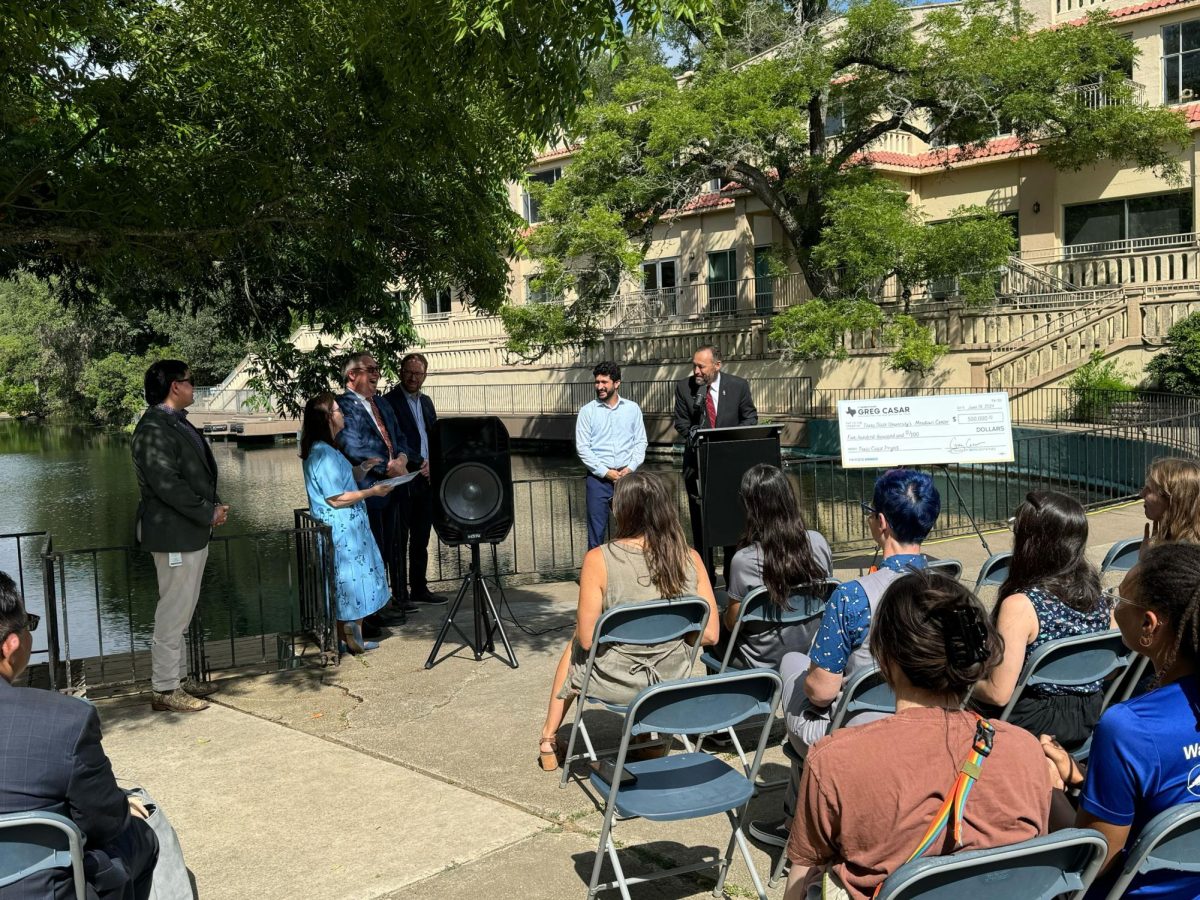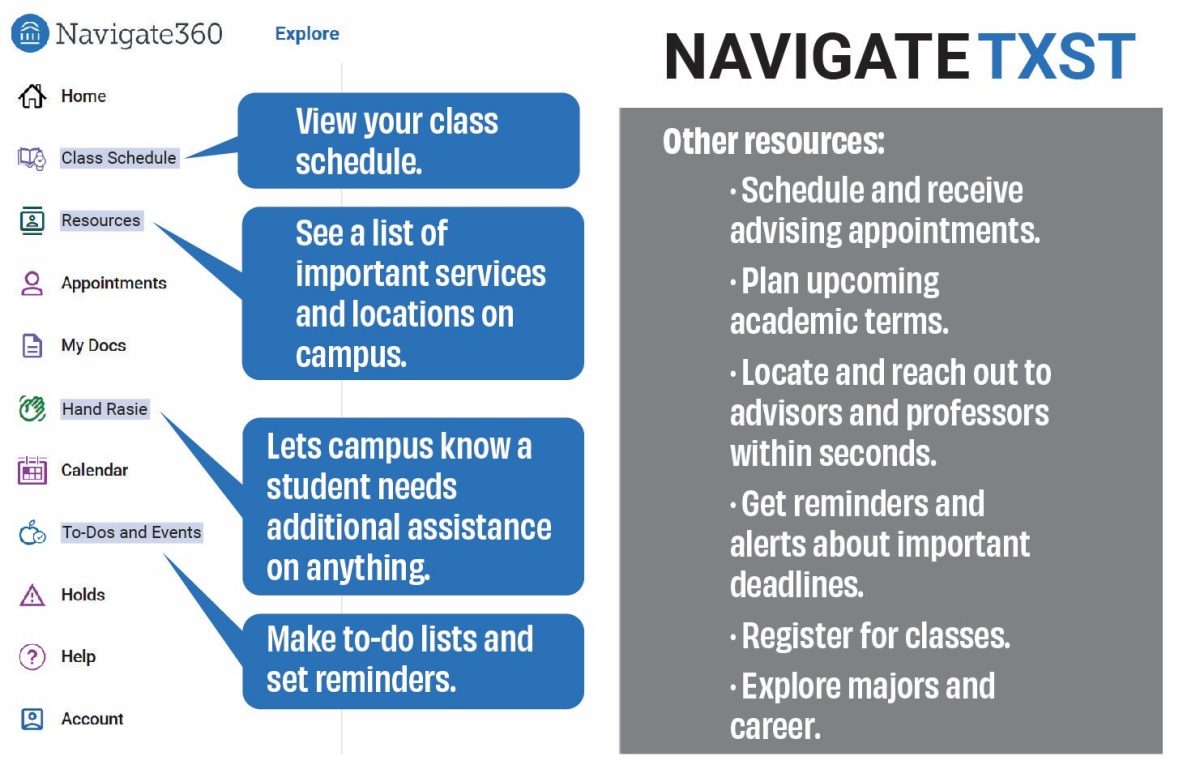The University Police Department (UPD) has officially designated a mental health officer, a new role created to produce a better police response during frequent mental health-related calls.
The new mental health officer, Jessica Kinney, is expected to execute a more in-depth response to calls, which the typical UPD officer may not be fully trained to respond to. Mental health resources and calls which concern mental health crises, mental welfare checks and other potential mental health-damaging crimes will be the new officer’s area of expertise within the department.
As a third-year officer of UPD, Kinney says her training, her ability to communicate well with others and her interest in the field of mental health have prepared her to understand and help those in need.
“I’ve been certified as a mental health peace officer for over four years,” Kinney says. “To do this job, you need to have compassion for the other person and show empathy and sympathy. It all comes down to just communicating well.”
UPD Chief Laurie Clouse says throughout her over 20 years of being in university law enforcement, she has seen a rise in mental crises within student populations, which stresses the need for a proper mental health response from campus police.
“Many municipality police departments have a mental health unit. They respond to mental health calls in lieu of uniformed officers. Because it is their full-time job, they can take the time to really work with the person they’re attending to and make sure the person is getting the service they need to reduce further law enforcement interaction,” Clouse says. “When I arrived [at] Texas State, like other institutions I’ve worked at, I noticed a high call volume for mental health welfare checks during finals and other testing times. There was never a proper follow up after making contact with students during calls. So, we decided we should have at least one full-time mental health officer.”
The difference in police response begins with the clothing. A typical campus police officer wears a uniform when responding to calls; Kinney dresses in more civilian-like clothing such as cargo pants and a polo shirt. The approach aims to greet students with a more welcoming look, dispelling any worrisome thoughts a police officer in uniform may incite.
Further, instead of addressing the situation from an untrained perspective, Kinney will utilize learned techniques to better aid students experiencing a mental health crisis while also offering compassion and understanding — two emotions Kinney is naturally gifted in expressing, according to Clouse.
Kinney will also maintain contact with victims long after the initial incident by performing “follow-ups”. During follow-ups, Kinney will ensure those in need are getting the proper help and guidance to stay mentally well by referring them to available resources.
Even if students live off-campus by the time Kinney speaks to them, needed help and resources will continue to be sought out. Follow-ups will also take place with victims of crimes that may potentially produce mental health issues in the future.
UPD Sgt. Daniel Benitez, Kinney’s supervisor, says holding follow-ups is a key step in ensuring victims recover from potential traumatic and hurtful experiences.
“When you’re in a crisis, you are in it for only that one point in time, but that’s not always where it stops,” Benitez says. “Having a mental health officer gives us the ability to have someone dedicated to make sure UPD is going out and gathering the resources and care our students need.”
Incidents such as Georgia Tech’s campus police shooting in 2017 and others have highlighted the importance of well-trained campus police who understand mental health. With the appointment of Kinney as a mental health officer, UPD hopes to treat mental health-related calls with the necessary attention.
“I want to let the students know that if they need to come in and just figure out where they can go or find what they can do to get some kind of help, they can just contact me. If they’re scared or embarrassed, they can just contact me,” Kinney says. “I will try to help students as much as I can. For the reassurance for the Bobcat community, this is what I’m here for, and I’m willing to do whatever I need to do in any kind of crisis.”
Even while occupying the position, Kinney continues to learn through further training and experience. Along with additional mental health training, Kinney seeks out municipal police departments to learn and incorporate their further developed procedures of responding to mental health calls, which Benitez says makes Kinney an expert for the role.
Through her learning, UPD eventually hopes to broaden the scope of training to other officers by allowing Kinney to teach her own classes.
“This is gonna be Kinney’s field. She’s going to be the expert after she goes through additional training and researches other operations. Then after she’ll be holding classes and training our officers and letting them know what resources we have and what they can do,” Benitez says. “With her being here a small-time already, it’s amazing what knowledge she’s brought to the department.”
University police appoint new mental health officer
January 28, 2021
UPD Mental Health Officer Jessica Kinney smiles for a photo, Thursday, Jan. 14, 2021, in the lobby of the Texas State University Police Department.
Donate to The University Star
Your donation will support the student journalists of Texas State University. Your contribution will allow us to purchase equipment and cover our annual website hosting costs.
























